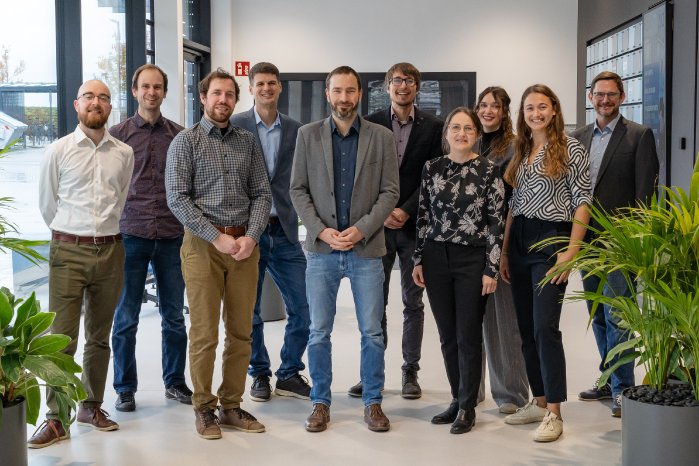In the course of the sustainability reporting obligation, the determination of the CO₂ balance for companies is currently gaining even more importance. The carbon footprint determines the sum of all climate-relevant gases emitted by a product (product carbon footprint) over its entire life cycle or by a company (corporate carbon footprint). It is a starting point for developing an effective climate strategy. However, there is often a lack of basic data, which must first be laboriously determined.
Good basis of comparative and standard data
SKZ researchers not only look back on many years of practical experience, but now also have a good basis of comparative and standard data. This means that the employees in the Sustainability department at SKZ can not only create CO₂ balances for individual products or entire companies in accordance with ISO 14067, but also provide support in identifying adjusting screws and selecting suitable measures to enable plastics producers and processors to act more sustainably.
"Plastics industry has recognized the signs of the times"
"Our carbon footprints are calculated and comprehensively documented according to recognized methods and standards and thus provide a sound database for climate-specific product and company assessment," says Dr. Hermann Achenbach, Head of Sustainability at SKZ. "We are currently facing a very high demand, as the plastics industry has recognized the signs of the times and is working intensively on climate protection and is also accelerating the transition to a circular economy. We want to act as a trailblazer for the industry here and are happy to support it to the best of our ability," says Achenbach.
SKZ offers online tools and further training
In addition to the comprehensive support, it is now also possible to access free online tools developed at the Plastics Center - such as SCO2RE for CO₂ balancing of technical plastic recyclates. The SKZ also offers further training on this topic: a course entitled "Calculating your own CO₂ footprint" provides participants with the necessary tools to evaluate their own products in terms of climate protection.
More information on the circular economy at the SKZ


